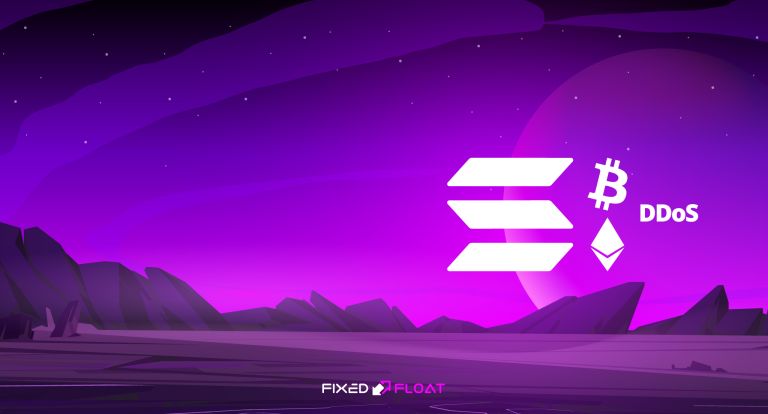When working with cryptocurrency, each user sooner or later comes across the concept of "consolidation". This can happen in a situation when a lot of transactions have been received on your Bitcoin wallet, and when sending funds, the fee becomes significantly higher than average. Or you may have noticed that the exchangers take into account the consolidation fee when calculating the final rate. So what is consolidation?
Consolidation. The concepts of "input" and "output" of a transaction
First, you need to figure out what the input and output of a transaction is. Let's look at an example.
Alice sent 0.5 BTC to Bob. This transaction can be decomposed into 3 fragments:
- Input. It contains information about where Alice got BTC from.
- Sum. The number of coins sent.
- Output. Bob's Bitcoin address.
As a result, Bob now has 1 input for 0.5 BTC. Later, he received a transaction with 0.6 BTC. And there were 2 inputs. Let's imagine that Bob needed to send 0.7 BTC. For this transaction, 2 inputs with 0.5 and 0.6 BTC will be used.
The Bitcoin blockchain is designed so that the more inputs a user uses, the higher the transaction fee. To reduce the commission, Bob can send all the coins in his wallet (1.1 BTC) to his own address. After completing this transaction, he will have 1 input for 1.1 BTC.
This is consolidation — unification of funds at one address. It is beneficial to carry out this operation to reduce the fee. For example: one transaction with two inputs will have a lower fee than two transactions with one input. The more inputs you consolidate, the more efficient the operation.
Consolidation in different cryptocurrencies
Bitcoin allows you to combine all addresses into one wallet. Consolidation can be done in 1 transaction by sending coins from different inputs to one address.
In the Ethereum network, multiple inputs cannot be combined to send to one main address. For consolidation, it is required to send funds from each address in a separate transaction.
The XRP network uses one address. There is a special field (destination tag, memo) to identify the payment, so no consolidation is required. All coins go to one address.
FixedFloat charges a commission when exchanging funds, which includes the amount required to send coins and the amount that will be used to consolidate the client's funds. The amount to be consolidated is calculated per input. Its specific amount depends on the network load.
How to save on fees on the Bitcoin network with consolidation?
As mentioned earlier, the more inputs you have, the higher the fee for sending transactions from your wallet will be. With the help of consolidation, you can reduce the fee. To do this, you can send the entire amount of your wallet to your own address. It is advantageous to do this during periods of low network load with a minimum fee (1 satoshi). The transaction will take a long time to confirm, but after that it will be possible to send coins without overpaying for the fee.
Consolidation is worth doing, provided that you do not need to send BTC in the near future. Alternatively, you can consolidate only part of the inputs so that some of the funds remain intact.










